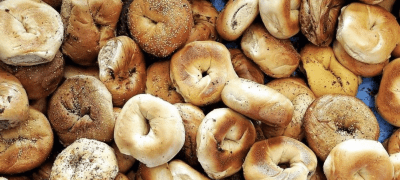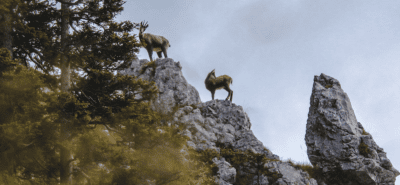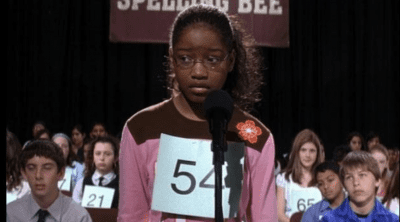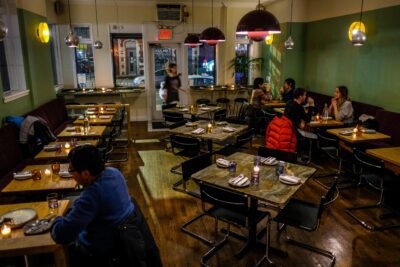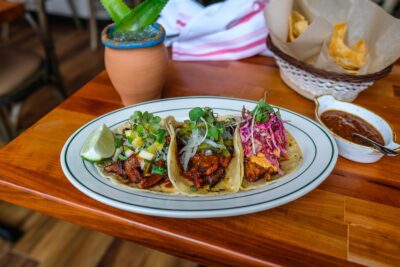30 Under 30, Class of ’18: Myles E. Johnson, Writer & Critic
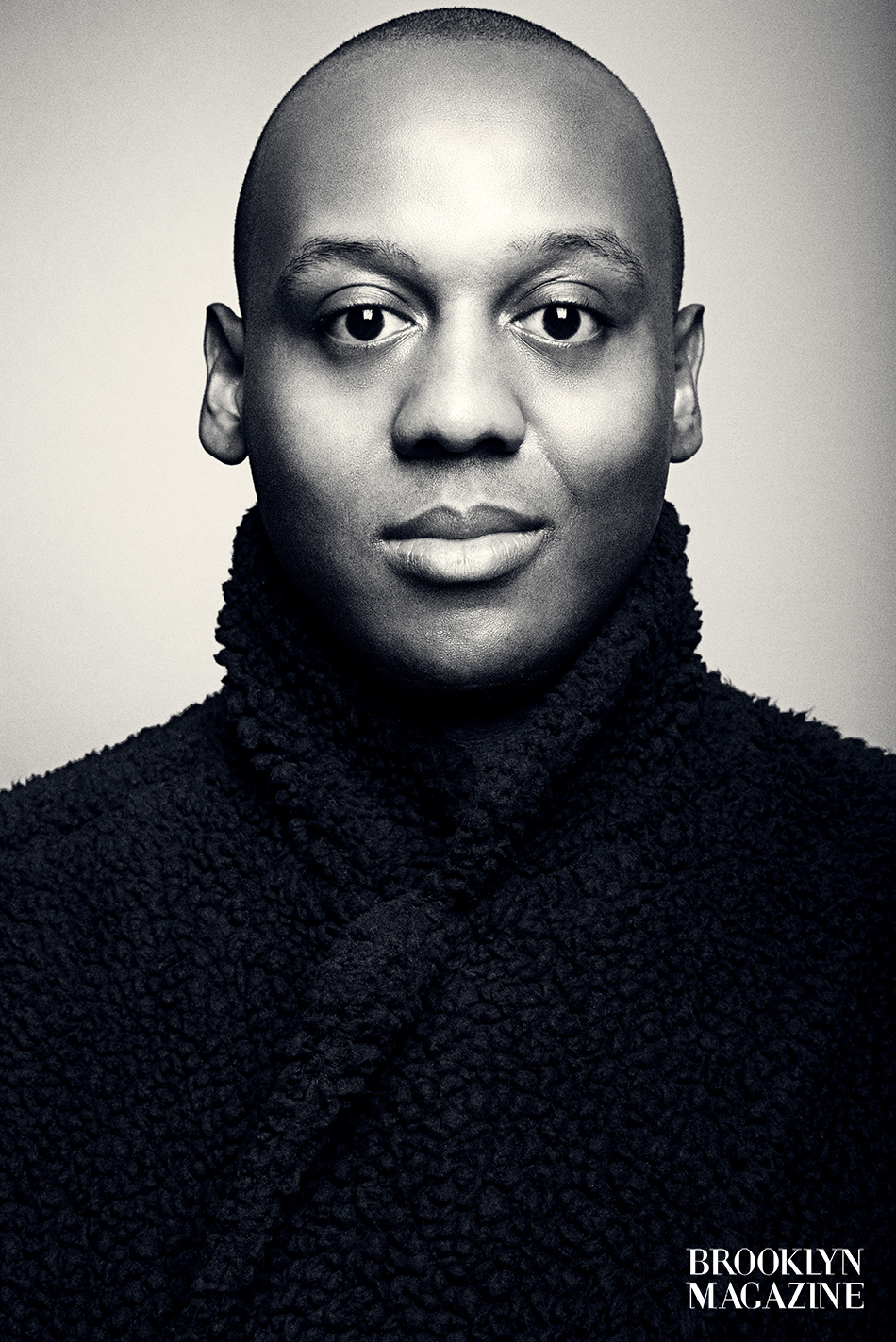
Age: 26
Pronouns: He/Him
Neighborhood: Crown Heights
Most Likely to: Fall asleep in my bathroom with a book and my laptop after a night of hard drinking and dancing because it feels cozy and clever.
Favorite Quote: “Language is also a place of struggle.” – bell hooks
Myles Johnson’s words make people pay attention. With such a competitive landscape for writers, it’s imperative for writers to put pen to paper in a way that reminds everyone words have power. One illustration of the power of Myles’ writing: two days after Adele’s 25 won the Grammy for Album of The Year, he penned a New York Times op-ed article, reframing the narrative that Beyoncé had not lost, but found victory elsewhere. Two days after the article was published, she sent him flowers. Myles also published Large Fears, a children’s book about a queer, black child wanting to go to Mars. Representation of all races, genders, and orientations is so important in literature, especially children’s literature— but that’s exactly where it’s the most lacking. Myles uses language as a tool to build a place for the misunderstood to feel understood.
What is your earliest memory associated with what you do now?
When I was about 8 or 9, I would come home and write about my day. It was almost like a diary entry because it was this recount of my emotions and events that took place in my life. But n style, it was closer to a critique. I would think of what went well and what could be improved upon. It was impulsive. I had to put my stamp on my day. I think I haven’t really moved beyond that need to interpret and define the world around me before the world did it.
When did your occupation become real to you?
I think most writers live with one foot out of the door. Part of me is enthralled with writing, but another part of me fantasizes about moving to South Carolina with a simple man to live inside of a simple home leading a simple life until our simple deaths. And then fantastic moments happen that totally erase that thought [of abandoning writing] from my head and I realize I have no choice but to write. One of the standouts is definitely when Beyoncé sent me flowers for my New York Times article. I wrote about biggest performer in the world for one of the biggest platforms in the world and the performer read it, acknowledged me, and sent me a gift of gratitude. In that moment I realized, while I didn’t necessarily choose to be a writer, writing has called on me.
How does Brooklyn/your neighborhood particularly inform your work?
Brooklyn, to me, is the perfect metaphor for the writer. You want all the experiences and characters, but you also want to be able to return somewhere familiar and quieter in order to get it out. I found my best rhythm in my writing keeping up with the pace of Brooklyn. And Brooklyn is also apart of my family’s history, so I feel very connected. My great-great-grandmother came to Brooklyn during The Great Migration and she lived 15 minutes away from where I stay now. One of my closest friends in Bed-Stuy lives on the same street that my mother grew up on. This borough empowers me in deep, ancestral ways.
What do you feel is most challenging about being where you are now?
I live around a lot of Carribean folks and Hasidic Jewish folks, and there’s this cultural apartheid in the neighborhood that makes me sad. Of course, rent is high. Of course, gentrification is here. But I think the most difficult thing to witness in Crown Heights are people choosing to not create those cultural bridges that I think make New York City a special place to be.
What’s most rewarding?
The hustle is electric and infectious. Writing can feel like leisure, but Brooklyn brings an energy that makes you want to bring fire to the page. That is incredibly rewarding.
5 spots in Brooklyn people should know about?
1. Juices For Life
2. Keelings Reggae Video
3. Brooklyn Wing House
4. Natty Garden
What’s your most significant accomplishment to date?
I think getting my children’s book about a black queer child wanting to go to Mars called Large Fears into the hands of children is my most significant accomplishment.
Who/what inspires you?
My friends’ laughter inspires me; my mother’s bravery; Toni Morrison; bell hooks; Essex Hemphill; bodega cats; music inspires me; the resilience of succulents.
Thinking about the future, where do you see yourself in the next 30 years?
I’d love to be talking to Brooklyn Magazine about my twentieth book in a bookstore named after myself.
What’s next for you?
I’m working on my first memoir, And He Didn’t Cry.
You might also like 

















